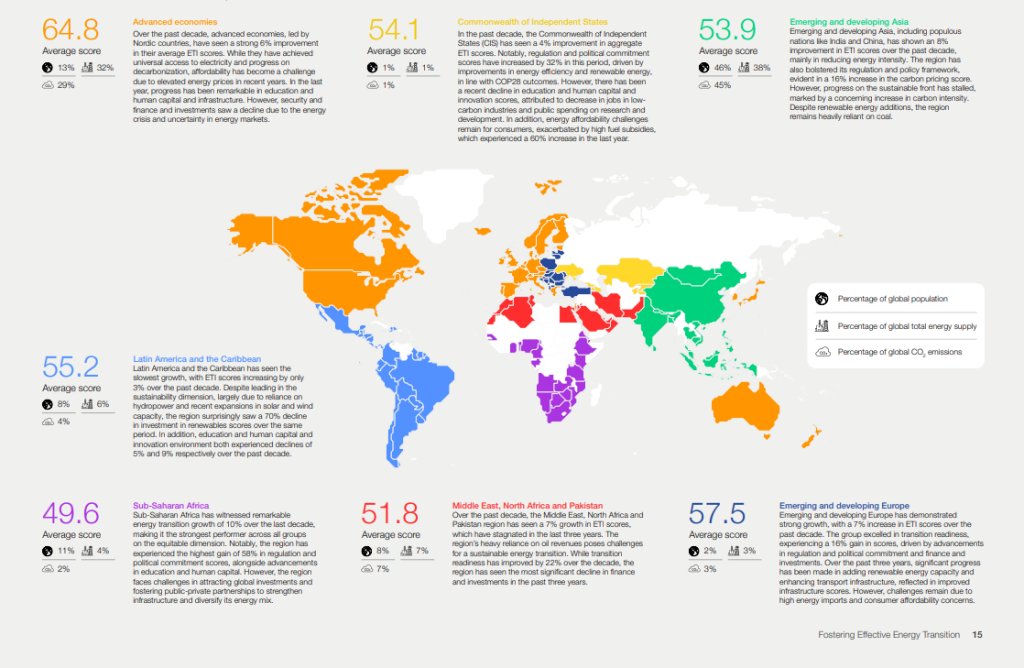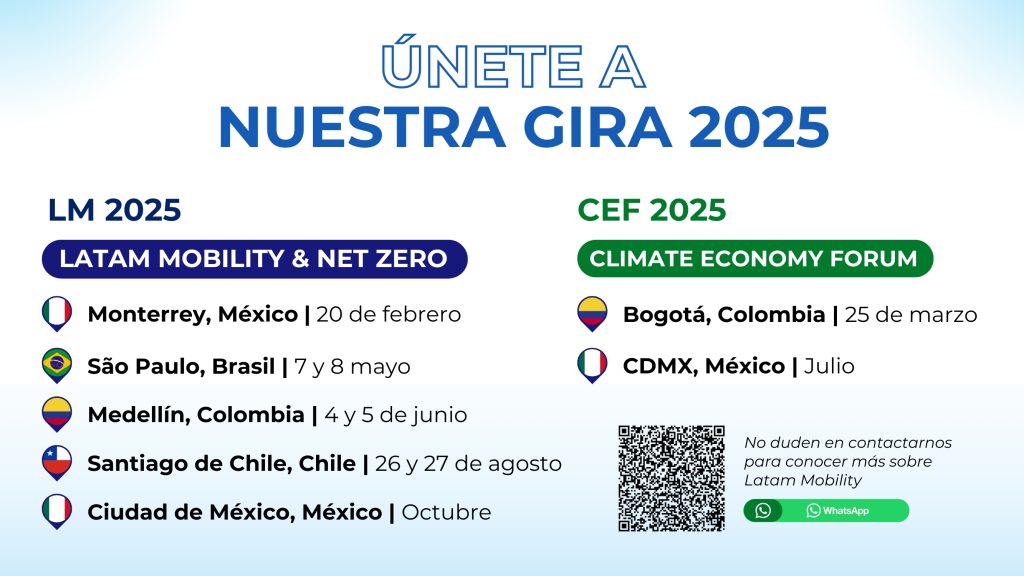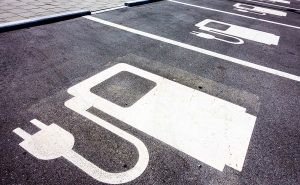
Report: Brazil, Chile and Colombia Lead the Region in Energy Transition

The latest 2024 edition of the Fostering Effective Energy Transition Report, launched by the World Economic Forum in partnership with Accenture, states that the 10 best performing countries in the energy transition account for only 1% of global energy-related CO2 emissions, 3% of total energy supply, 3% of energy demand and 2% of the world’s population.
According to a press release, the report assessed the current energy system performance of 120 countries in terms of equity, environmental sustainability and security, and their transition readiness, i.e., the degree to which a robust enabling environment can be created.
Essential components of an enabling environment include a sound policy and regulatory framework and the ability to attract and deploy large-scale capital. Key factors such as a skilled workforce, innovation and robust infrastructure are also integral to this framework.
You may also read: Importance of Electric Mobility on the Path to Sustainability

Regional Leaders
While European countries lead the ranking globally, Brazil and Chile stand out as notable leaders, ranking among the top 20 in the 2024 index.
In that sense, Mariana de Pablo, Executive Director of Accenture Chile, argues that currently, energy-related emissions contribute to more than 80% of total global emissions.
“Finding ways to decarbonize industries and build resilience through clean energy supplies, while ensuring that the transition leaves no one behind, has never been more urgent,” she warned.
The report states that Brazil and Chile are making significant progress in the energy transition thanks to their sustained efforts over several years.
Although each country adopts a unique energy transition pathway, they share some common characteristics, such as improved energy security through diverse energy and electricity mixes, an increase in renewables and a greater share of clean energy in the fuel mix, carbon pricing mechanisms, and supportive regulatory environments that drive and enable the energy transition.

Regarding Chile, the report states that it generates 35% of its energy from solar and wind sources, a testament to its substantial infrastructure development and the emergence of a thriving renewable energy industry.
The situation in Latin America
While Brazil and Chile are among the top 20 performing countries, the report reveals that Latin America and the Caribbean have experienced the slowest growth in the last decade, with an increase of only 3% in aggregate Energy Transition Index (ETI) scores.
Costa Rica and Paraguay lead the charts in the 2024 sustainability dimension. Colombia, ranked 35th, is also among the top performers in the global index.
Latam Mobility: Key Player of Regional Synergies
After a successful 2024 tour, Latam Mobility consolidates itself as the most important sustainable mobility community in Latin America, by generating synergy among the actors involved to massify decarbonization.

In 2025, the Invest In Latam network will continue its impact in the region with confirmed meetings in Colombia, Brazil, Chile and Mexico.
Learn more about our meetings and become an agent of change here.





